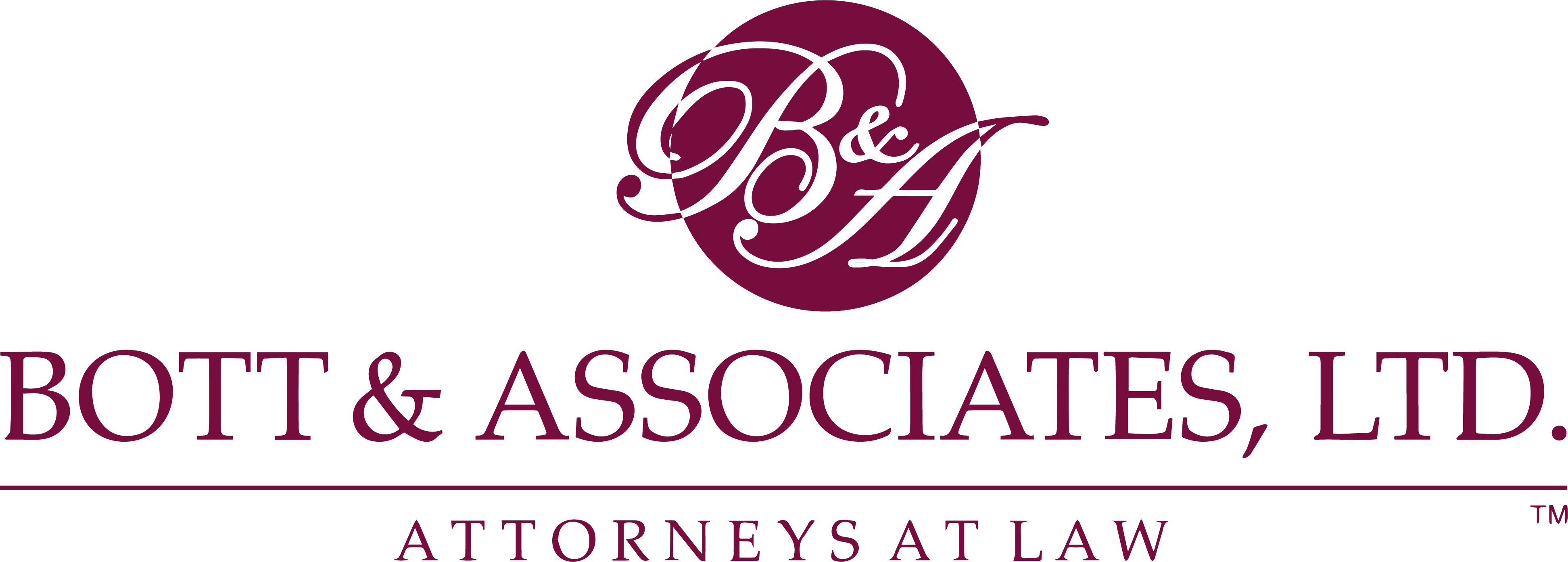
Estate Law Lawyer Barrington IL
Our estate law lawyer Barrington, IL recommends is aware that many people do not know the first thing about planning their estate, and that’s okay. The first step in estate planning is realizing that it is important to have some kind of estate plan. Thankfully, this is not a job you need to do on your own. The estate planning attorneys at Bott & Associates, LTD. knows that estate planning can be overwhelming. There can be a lot of documents to create, fill out, and sign and you may not even know where to begin. When this is the case, it can deter you from ever starting. That’s why your first call should be to our estate law lawyer Barrington, IL residents rely on. Instead of worrying about where to start, we will get everything started for you and walk you through the process. Don’t hesitate to call our office now.
Knowing the Different Documents to Have
The top two documents people most often hear about are will and trusts, but what are they? Our estate law lawyer Barrington, IL people trust sheds some light on key components to an estate plan:
- Will. This is a legal document where a testator (the creator of the will) goes through the property they own and determines how they want their property to be distributed after their death. You can change a will while you are still alive or revoke it entirely. A will can also be used to name certain people as guardians of your minor children if you and the children’s other parent are both dead. Your estate law lawyer in Barrington, IL shares that much of the time, a will must go through the probate process before your property is distributed.
- Trust. A trust is the other most common estate planning document that people hear about. When you own property, you can create a trust that allows you to successfully transfer your property to another person (a trustee) so that the property can eventually be given to a beneficiary. A trust is a great estate planning tool because it allows this transfer of property without going through the probate process. An estate law lawyer Barrington, IL recommends will tell you that this can avoid unnecessary time and taxes. However, it’s important to be aware that you cannot use a trust to name a guardian for your minor children.
Living Wills and Trusts
When speaking about living wills and trusts, they often mean two very different things for each document. For a living will, this may also be known as an “advance medical directive.” In the unfortunate event that you become incapacitated, this advance medical directive will state what your medical wishes are. A living trust, on the other hand, is completely different. It is a trust that someone creates and can manage while they are still alive. The process can be complicated, which is why contacting an estate law lawyer Barrington, Illinois depends on may be in your best interest.
Choosing Between a Trust and a Will
When you are estate planning and you wan to know if you should create a trust or a will, the first thing you should do is consult your estate law lawyer in Barrington, Illinois. They can be vital in not only ensuring you make the right decision for you and your family but that the entire process goes smoothly and you have everything laid out correctly. Understandably, you may be wondering if a will is best or if a trust will suit your needs. We want to break it down and make it as easy as possible for you so that when it comes time to make a decision you feel strongly that you made the right choice.
The Top Differences
- Revising the Document. You may think that when it comes to making future revisions, you can pull your will or trust out, make the changes, and have your lawyer or a witness present. This isn’t exactly the case, however. While it’s true you do not have to live the rest of your life with the first estate plan you created, there are some hoops to jump through. If you want to make an irrevocable living trust, on the other hand, the decisions you make in this document are final.
- Taking Care of Your Children. When you have minor children, things become increasingly complicated. If you choose to create a living trust, the trustee will manage the property you leave your children until they are adults. If you create a will, you can name an adult you trust to manage the children’s property until they are of age.
- Getting Privacy. Many people do not consider which document may give them more privacy after they pass away. However, a will eventually becomes a public document when you die, which means anyone has access to it. A trust can keep your wishes and affairs private.
- Protection From Being Challenged. A will is typically considered to be easier to challenge in court than a trust. If you are concerned that a relative or friend may challenge what you write in your estate plan, you may want to consider creating a trust for this reason.
Call Our Team Now for More Information!
Are you interested in learning more about which document will be right for you? Contact our estate planning lawyer for more information.
If you are interested in estate planning and have further questions or concerns, please reach out to Bott & Associates LTD., an estate planning lawyer Barrington, IL recommends for more information on what we can do to help.

